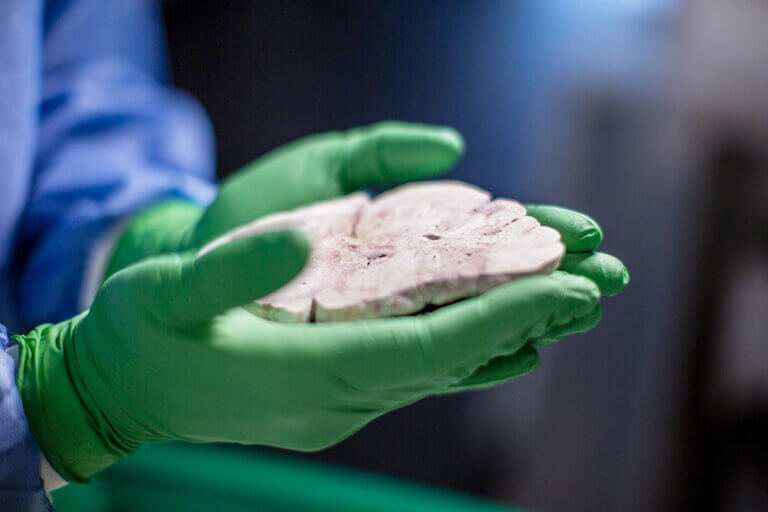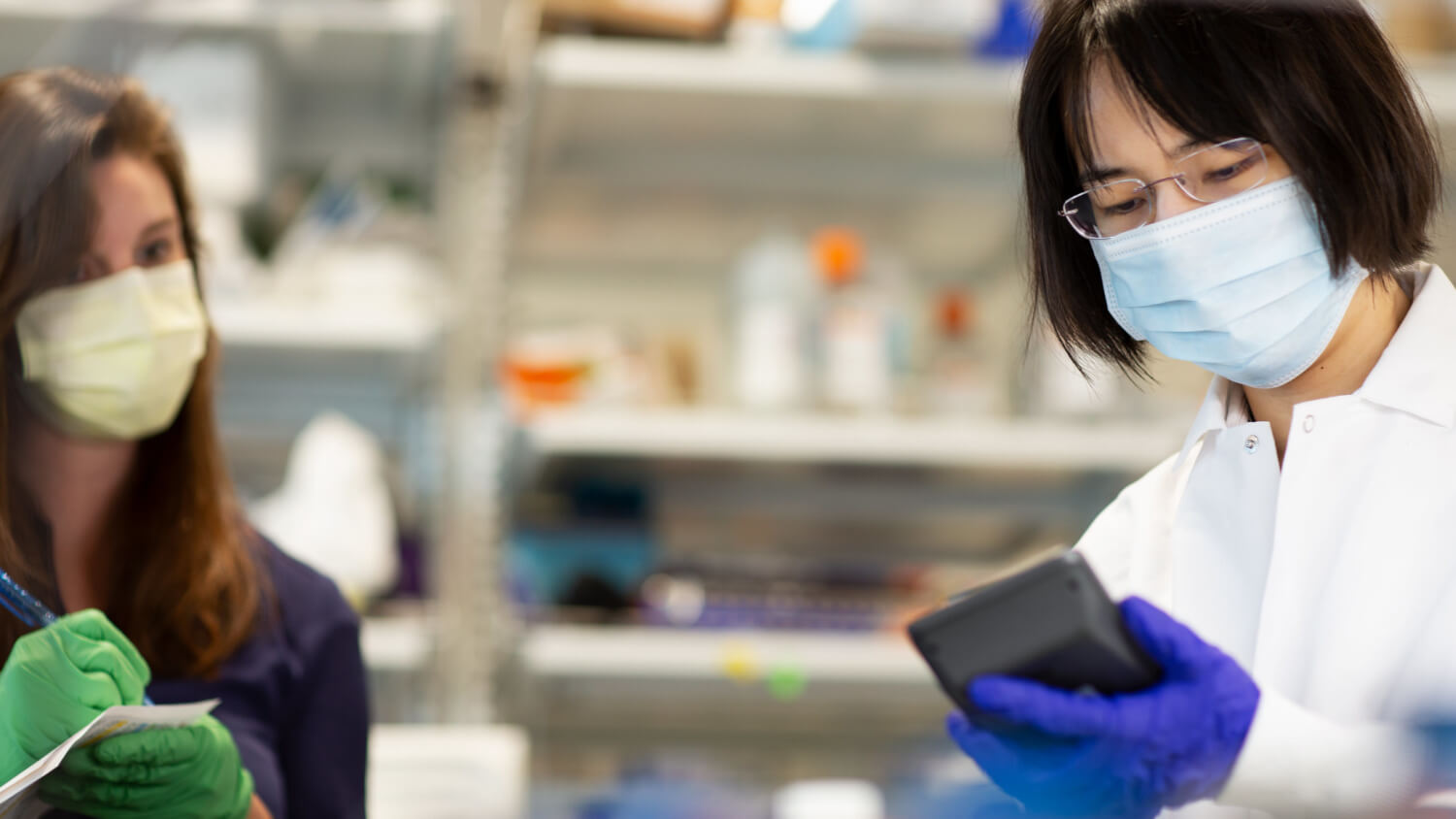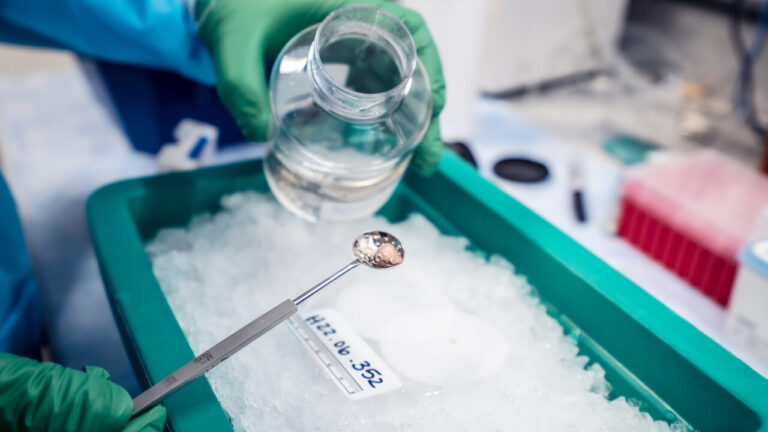Brain donations support science
Access to human brain tissue is essential for supporting research into conditions like Alzheimer’s, Parkinson’s, depression, addiction, and more. But did you know that organ donation does not include brain donation? Read on to learn how donating your brain can support neuroscience research in Seattle and across the U.S.
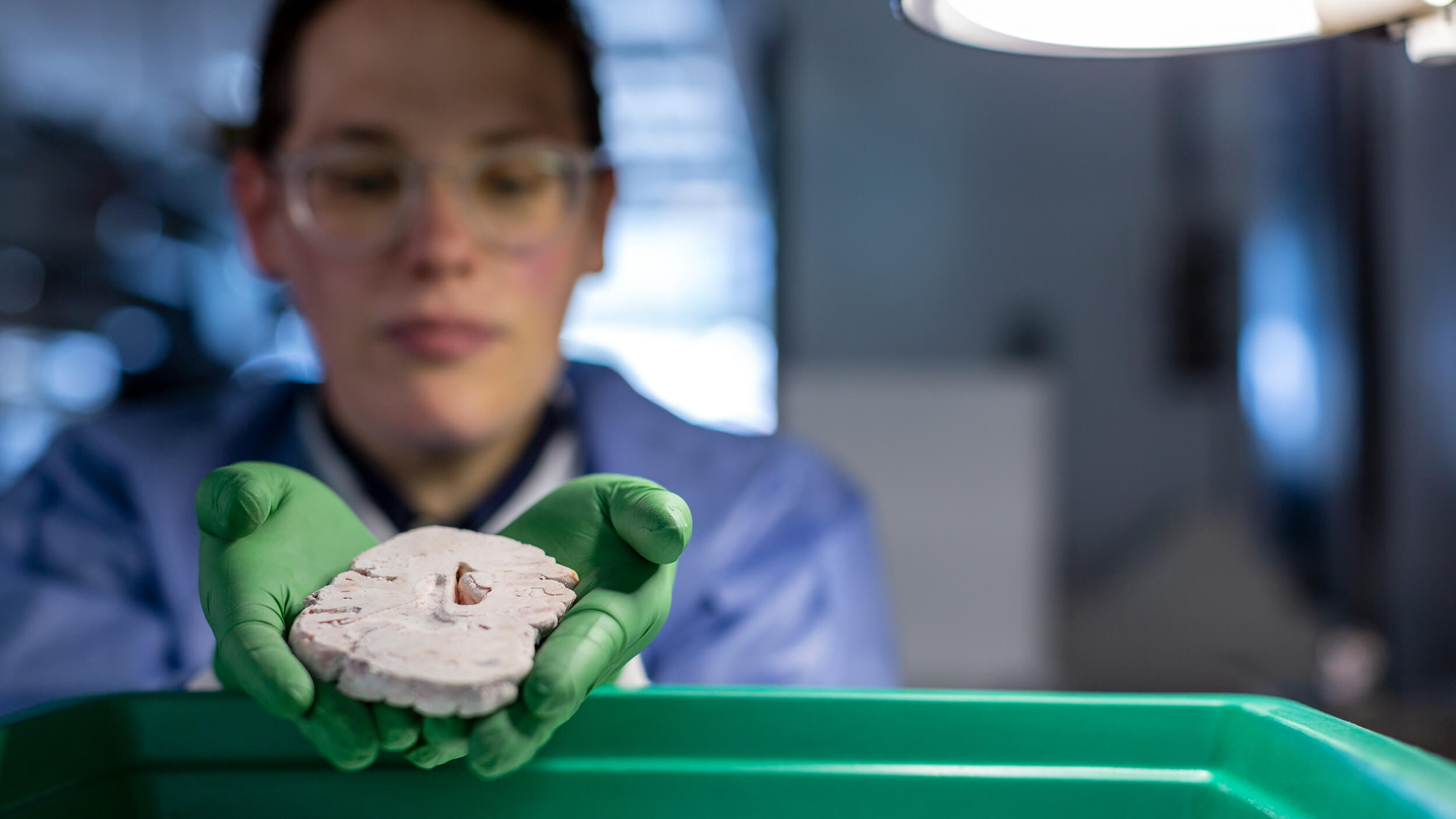
Human brain research at Allen Institute
At Allen Institute, a non-profit bioscience research organization in Seattle, Washington, donated brain tissue is used to build detailed atlases of brain cell types, map neural circuits, uncover the biological basis of cognition and behavior, and more. Some donated brain tissue continues to yield insights decades after donation, underscoring their enduring scientific value.
Explore how brain donations support research at Allen Institute and across the United States.
The Brain Map Study
The Brain Map Study is a partnership between the University of Washington and the Allen Institute to create a detailed map of the human brain. This map will give scientists a powerful tool to study the brain’s 200 billion cells and advance research into treatments for brain diseases and injuries.
You may qualify if you:
Interested in volunteering:
Reach out directly to the UW Brain Map team to learn more about this program.
Brain donation in the United States
Anyone over 18 years old may choose to donate their brain after death to support scientific research. Unlike organ donation, brain donation requires separate arrangements, planning and enrollment in a nearby study or brain bank.
The Brain Donor Project is a good resource for connecting donors with brain banks or research groups in their area. National Institute on Aging-funded Alzheimer’s Disease Research Centers have brain donation programs located across the U.S. for eligible study participants. Whether you live with a neurological condition or have a healthy brain, this profound and generous act can support research in human brain health and disease.
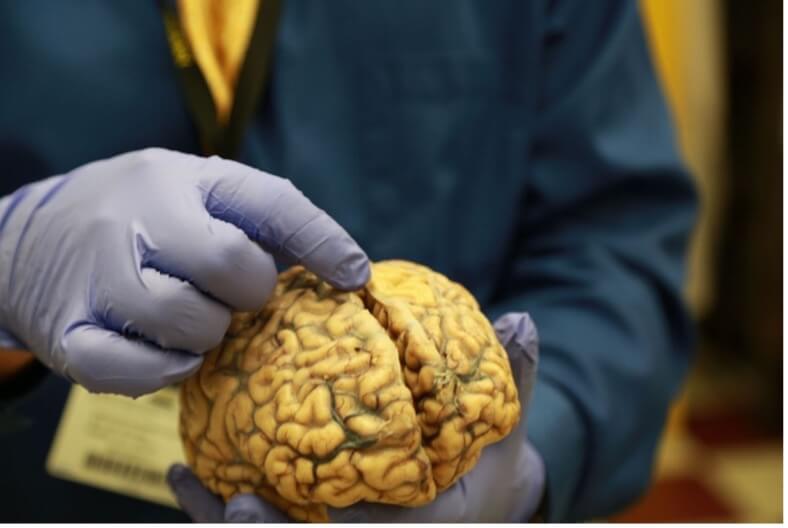
How post-mortem brain donation works
- Enrollment: You’ll join a study or register with a brain bank, then fill out a consent form that explains how your brain will be used and how your identity will be protected.
- Planning: You and your family will receive clear instructions on what to do when the time comes. This often includes calling a transportation service that works with the research team.
- Collection: After death, the brain is collected quickly –ideally within 12 hours or less – to preserve tissue quality. The donor is then transported to the funeral home or crematorium of the family’s choice.
- Ongoing Impact: Donated brain tissue can be studied and support neuroscience research for decades.
Want to learn more?
If you’re considering brain donation, we encourage you to:
Inform your family
Talk with your family about your wishes and what they’ll need to do to ensure your brain donation is honored.
Reach out
Reach out to a local brain bank or research study like the UW Brain Map Study.
Explore
Explore national programs like the Brain Donor Project. Or Seattle-area programs including Brain Donation at UW.

